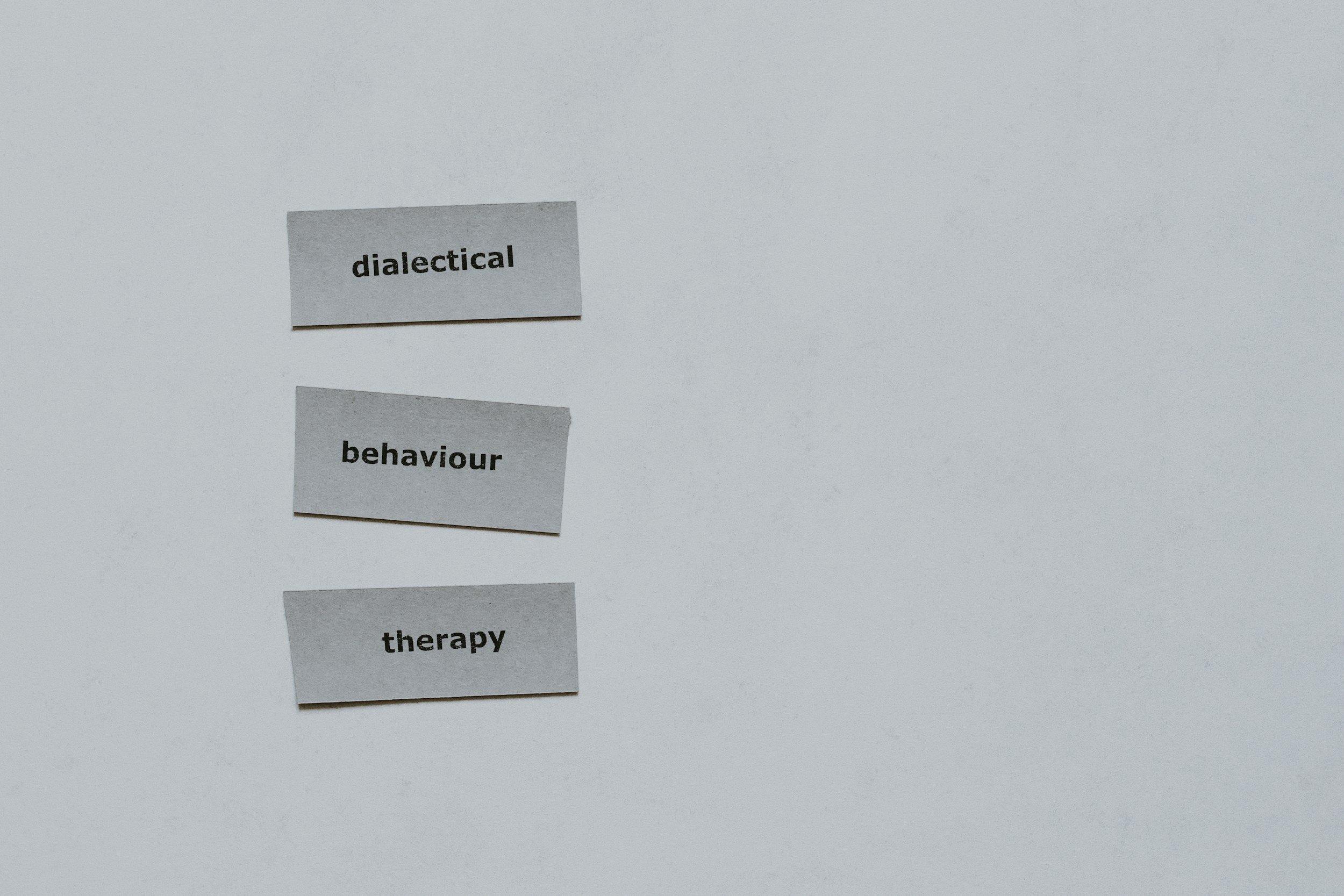
Learning to Cope: How Dialectical Therapy Can Help
Life is filled with challenges—big and small—that can stir up complicated emotions and strain relationships. If you’ve struggled with anxiety, depression, or mood or personality disorders, these challenges can feel even more overwhelming. In these moments, our instinct may be to either fight the battles raging in our minds or, worse, to surrender to the weight of distressing emotions.
But what if there’s a different way to approach these tough emotions? It’s natural to want to fight off discomfort, avoid difficult situations, and seek comfort. But what if we could learn to accept these challenges and embrace the present moment for what it truly is?
Enter Dialectical Behavioral Therapy (DBT).

Boundaries With Kids: Building Character and Responsibility
Boundaries play a crucial role in parenting, especially during the early years. They help children develop essential traits such as character, values, responsibility, and autonomy. By introducing boundaries early, children learn to adapt, make healthier decisions, and gain a strong sense of self.

Boundaries in Marriage: What They Are and Why They Matter
Marriage is not easy. These responsibilities take time and effort to develop. Instead of tackling everything at once, focus on improving one area—just 1% at a time. Over time, those small steps can create significant change in your relationship.
Healthy boundaries are not about creating distance but fostering clarity, respect, and love. By defining what is “me” and what is “not me,” you allow yourself and your spouse to thrive as individuals and as partners.

Leveraging Your Strengths to Thrive with ADHD
October is ADHD awareness month. Often times when we think of ADHD we think of all the challenges that come with it and get discouraged. Our blog focuses on how to harness your strengths and super powers that come with ADHD. Read more to for key strategies for success.

7 Signs Your Marriage is Thriving… and How to Keep It Strong Every Day
Marriage is a journey filled with ups and downs, but the small, everyday actions make the biggest difference. While grand gestures have their place, consistent, loving behaviors truly sustain a healthy, vibrant relationship. In today’s blog, we’ll explore seven signs that your marriage is thriving and offer practical tips to keep it that way.

Do You Take My Insurance?
The question we get the most is Do we take your insurance. In this blog we explain the reasons why we have chosen to stay out of network with insurance. Our main reason is that we want to serve you best.

Understanding the Rising Prevalence of Teen Suicide: A Call for Awareness and Action
Teen suicide is a heartbreaking and complex issue, but with increased awareness, education, and open dialogue, we can work to prevent it

Boundaries in Parenting: A Guide to Healthy Relationships
In today's parenting landscape, setting clear boundaries is crucial yet often misunderstood. Boundaries are more than just rules; they are the expectations and consequences that help shape our children's behavior and development.

Back to School Scaries: How Parents Can Help Kids Cope
Going back to school can be scary for some children. This blog gives tips to parents and caregivers on what they can do to make this stressful time of year a little bit less stressful.

Let the Sunshine In: How the Sun Lifts Our Mood
We’ve all heard about the dangers of too much direct sunlight, but the truth is that sunshine is
essential for our health. Let’s explore a few critical ways that spending time in the sun can
positively impact our mental health, particularly when managing depression. The benefits of the
sun occur even when it’s cloudy or raining.

How Catastrophic Thinking Relates to Anxiety
Catastrophic thinking, or catastrophizing, is when you imagine the worst possible outcome to a situation and then experience the level of anxiety as if it were true.

Parenting Across the Ages: Tips for Nurturing Toddlers To Teens
Parenting can be challenging. This blog gives us tips on how to navigate the comparison trap, independence and giving complements to our kids.
